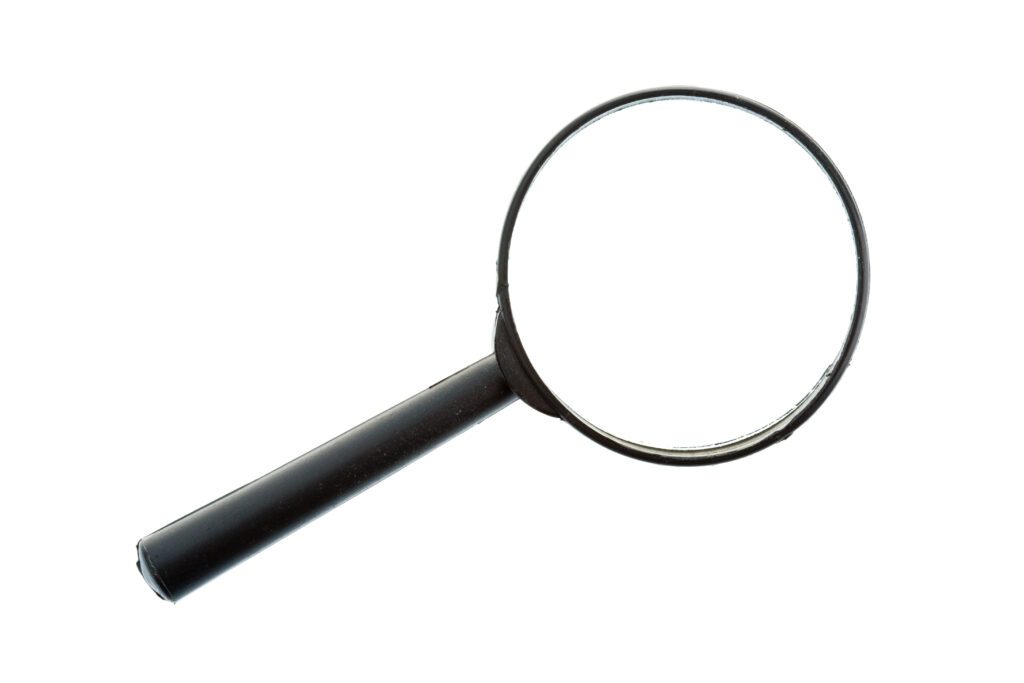What Medical Offices Can Do to Protect Patients and Staff
Identity theft. When our credit card is lost or stolen, we usually can count on our credit company as an ally. But when someone uses our medical records to tap into our insurance benefits or defraud the government, we can’t just order a new card. We may find our insurance is maxed out. We may be receiving bills for a wheelchair and emergency room services we never received.
“Prevention is key,” says Theresa Ronnebaum, a victim service program specialist dealing with identity theft for Florida Attorney General Pam Bondi’s Office. “The sad news is, it could change their medical records.” The victim may need to become an investigator to sort out the mess. “There is no one central source for medical records,” Ronnebaum says. “The victim would have to look carefully at all the bills coming in.” That would include explanation of benefits statements as well as bills from doctors and hospitals.
“It’s hard to decipher what is a medical ID case and what is a scam,” Ronnebaum states. “Pull those statements. Contact those agencies. Don’t believe every phone call you get, or every piece of mail.”
Florida has the highest per capita rate of reported identity theft complaints in the United States, followed by Georgia and California, according to a 2011 Federal Trade Commission Consumer Sentinel Network report. There were 178.7 complaints per 100,000 people, or 33,595. Of those, 51 percent or 17,105, involved government documents or benefits fraud. Lakeland shows 142.5 complaints per 100,000 people or a total of 819 complaints,ranking 14 in the state. Miami-Fort Lauderdale-Pompano Beach ranked first with 324.1 per 100,000 population, or 17,546 complaints. Identity theft was the top-ranked category among complaints filed by consumers in 2011, with 279,156 or 15 percent of 1.8 million complaints received by the FTC, the report shows.
The Polk County Sheriff Office’s Identity Theft Task Force has made multiple arrests involving the stolen identities of nursing home residents, dead people and others. A name, social security number, and date of birth are acquired — sometimes they are obtained through medical records — and used to file fraudulent tax returns. The personal information may be sold to other thieves who use it to file a fraudulent tax return relying on made-up financial data. When the “refunds” arrive, the thieves take cash, convert it into money orders, or use it for purchases.
They’ve also found doctor’s prescription pads being used for fake prescriptions for painkillers. “You have to remove the opportunity for crime even in a medical office,” says Donna Wood, public information officer for the Polk County Sheriff’s Office.“People who intend on committing crime — they’re going to find a way to do it.”
Protecting yourself begins with the hiring process – knowing who your employees are. Wood suggests running criminal background checks to ensure the employees who have access to medical records and “the medicine cabinet” are trustworthy.
Lisa Schifferle, an attorney who is part of the Federal Trade Commission’s Identity Theft Team,says paper files should be locked up and online records should be accessible only to those who need access. “Take stock of what personal information they have in their files and their computers,” she advises. “Keep only what they need for their business [. . .] Make sure they properly dispose of what they no longer need.” That may mean ditching or revising a standard form that asks for unneeded information, especially something like a social security number. It’s also advisable to “plan ahead and create a plan to respond to any data breech of medical information,” she adds.
But precautions won’t help when the medical information is freely given by the supposed victim — in an attempt to help an uninsured relative.“Sometimes it’s done willingly,” Schifferle points out. “It can be very dangerous.” When someone else uses your health data to receive health coverage, it could lead to improper treatment. “Physicians should listen to patients when they say, ‘no, I didn’t really get that treatment,’” she adds.
At Lakeland-based Clark & Daughtrey Medical Group, Dr. V.J. Tristram Vailoces sayshe ensures the patient in front of him is the one getting a prescription. Dr. Vailoces, who is board-certified in internal medicine, says prescription pads are kept “under lock and key. Only we are allowed to write for those,” he says.
If a problem occurs, law enforcement should be notified “as soon as you become aware that something is amiss,” Wood says. Suspected Medicare fraud can be reported at1-800-HHS-TIPS (1-800-447-8477).
CREDITS
story by Cheryl Rogers
